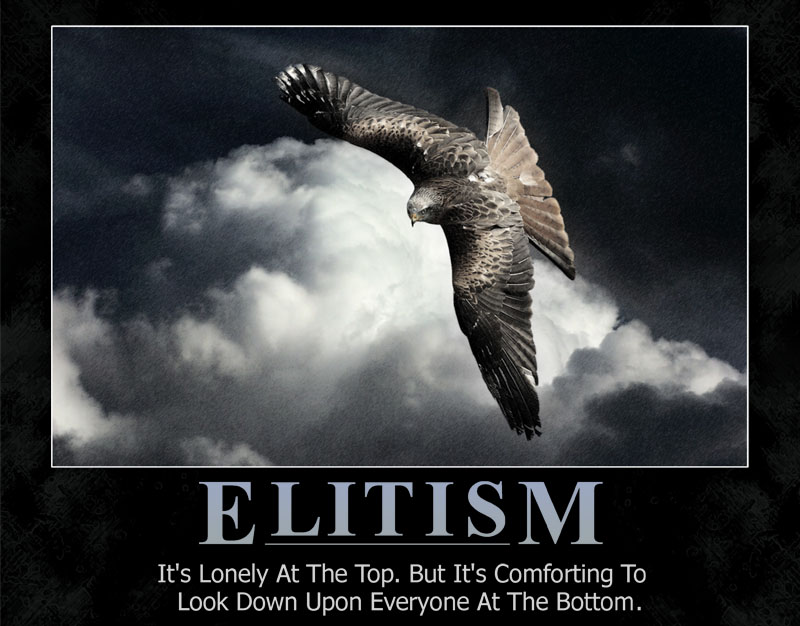There are many different ways that social media can be used. For some people, it’s simply a way of connecting with others. For other people, it’s an effective business tool. On top of that, it can also be a great educational tool for newcomers to the Internet. Personally, I also feel that social media can be used to inspire greatness and knowledge.
A prime example of this was Blog Action Day earlier this month, when thousands of bloggers worldwide wrote about poverty. Not only did this show a combined voice on the desperation of poverty itself, it also proved how social media – when used cohesively – can open up a line of discussion on topics that are so often ignored or swept under the carpet.
Also this month, it’s been National Breast Cancer Awareness Month. While millions of people offline have been wearing pink ribbons to signify support, social media users have been showing support in their own ways. Twitter users have turned their profile pictures pink, while MySpace members have pink ribbon themes to offer their support.
Next month sees the annual Movember charity event, which highlights the importance of men’s health and getting regular check-ups. Of particular importance is looking for early signs, and prevention, of prostate cancer.
 To support the event, men everywhere are being encouraged to grow moustaches – hence the name Movember (moustaches in November). I’m already getting my Twitter profile picture readied for the month, as are countless other men and women worldwide.
To support the event, men everywhere are being encouraged to grow moustaches – hence the name Movember (moustaches in November). I’m already getting my Twitter profile picture readied for the month, as are countless other men and women worldwide.
This is where social media is so inspiring to me.
Just making the small effort to change a Twitter profile pic (or any online profile), encouraging people to ask what it’s about, which in turn gets them involved. Strangers blogging about the same topic, offering a unified voice often more powerful than any newspaper or traditional media source.
Social media often gets cynical looks from people who don’t understand it, or who see it as a passing fad that will soon be replaced with the next big thing. While that may indeed happen, until then it offers a unique way for millions of voices to be heard and make a stand. Surely that’s something to applaud?










 From its inception, social media has always been about the romantic notion of connectivity. Full connectivity. Whether it?s being able to interact with the Internet in a more open manner than we?d ever known previously, or connecting with other like-minded people to share, advise and learn, social media and full connectivity have gone hand in hand. Until now.
From its inception, social media has always been about the romantic notion of connectivity. Full connectivity. Whether it?s being able to interact with the Internet in a more open manner than we?d ever known previously, or connecting with other like-minded people to share, advise and learn, social media and full connectivity have gone hand in hand. Until now.